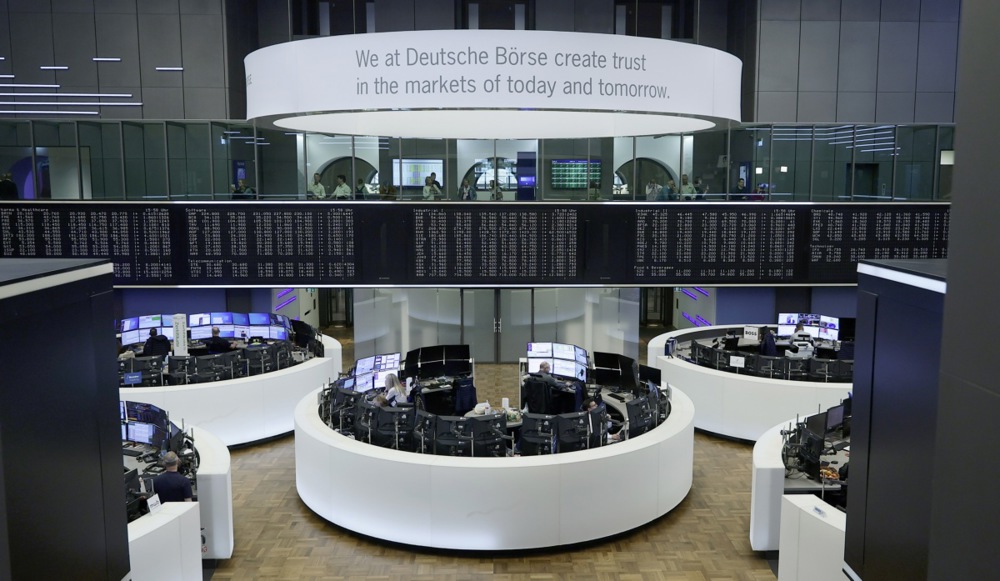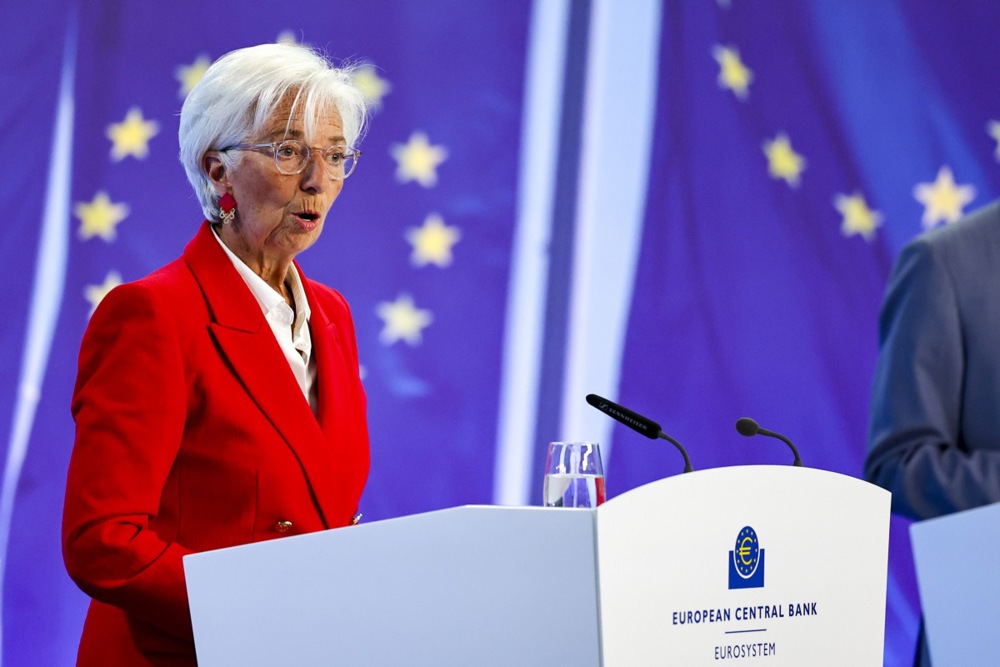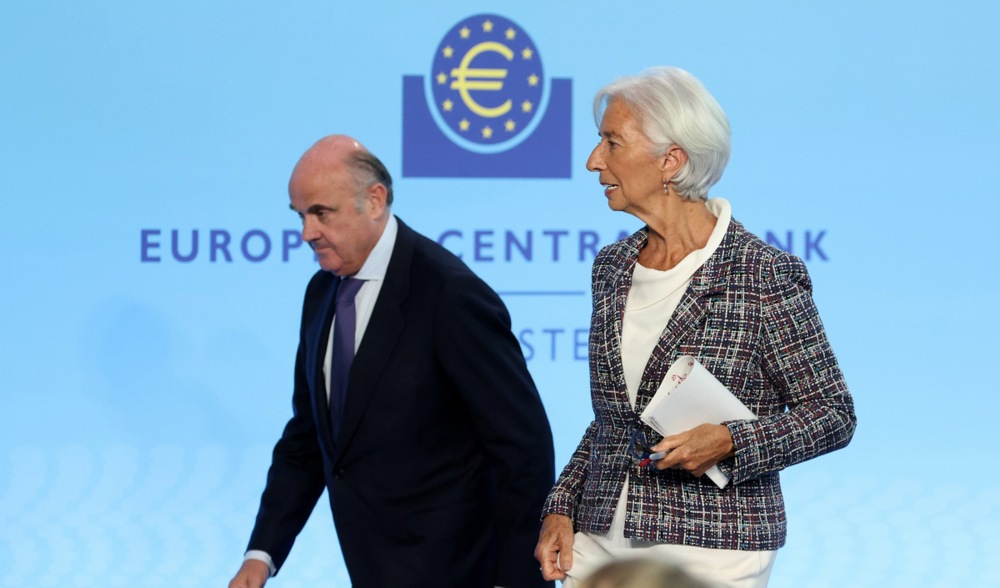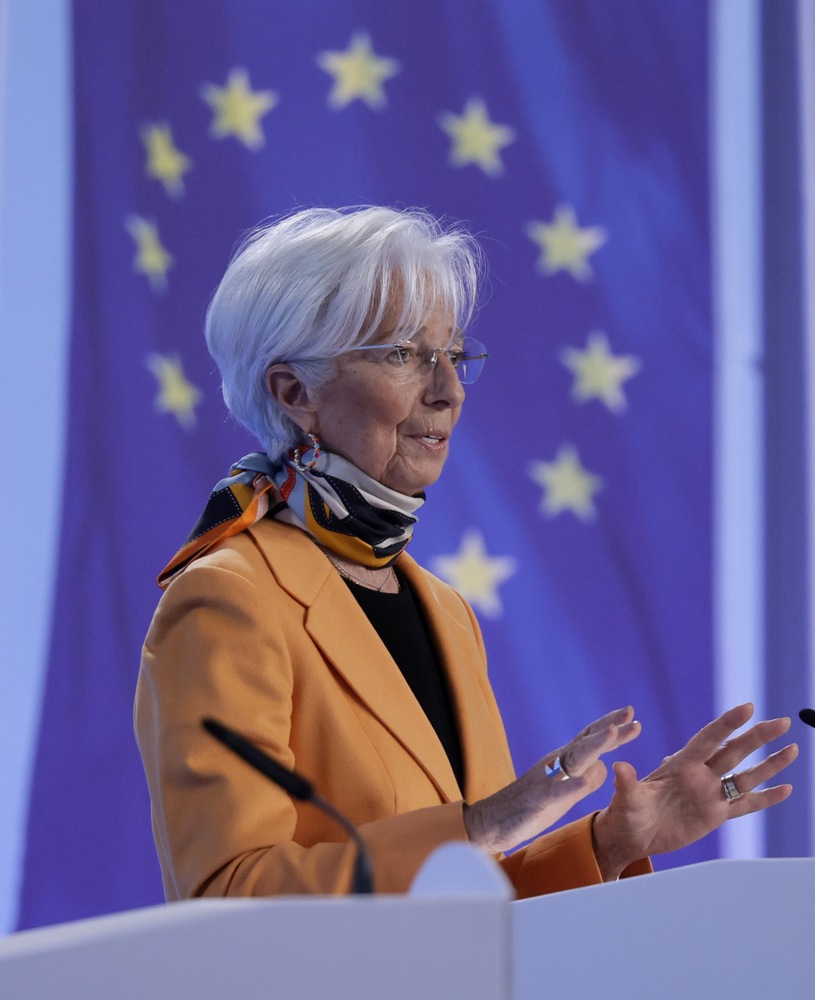Amid escalating conflicts in the Middle East, an unexpected trend has emerged: Investors are quietly moving their money back into European markets.
Europe is emerging as a surprising safe haven for investors spooked by events in Iran and Isreal. Its relative distance from the conflict zone, combined with confidence in its central bank’s measured approach, is making it an attractive option for those seeking stability.
The military exchanges, which began on June 13, have fuelled fears of a wider Middle East conflict. Iran is one of the world’s largest oil producers, and any disruption to its exports immediately affects global oil prices.
On June 18, Brent crude was trading at around $76 a barrel — up sharply from below $60 earlier this spring.
When oil prices spike, it becomes more expensive to transport goods, heat homes, and fuel industries, often pushing up inflation and slowing economic growth. This, in turn, makes financial markets nervous, as higher inflation can lead to lower consumer spending and tighter central bank policies.
Speaking on June 18, ECB Executive Board member Frank Elderson highlighted that “geopolitical tensions, such as those stemming from the conflict in the Middle East, may reduce confidence and weigh on investment, particularly if firms face rising input costs or export uncertainties.”
He warned that persistently higher energy prices could “dampen consumption and investment, and ultimately weaken economic growth.”
Despite increasing risk and war talk, European stock markets gained modestly on June 18, bucking the worldwide trend.
Europe attracted almost €8 billion from investors in May, driven by domestic buyers and a notable return of US investors.
Signs of modest economic recovery are also helping sentiment. Germany’s closely watched ZEW investor sentiment index rose sharply in June, reaching its highest level in years.
This suggests growing confidence that Europe’s largest economy may be leaving behind its recent stagnation.





